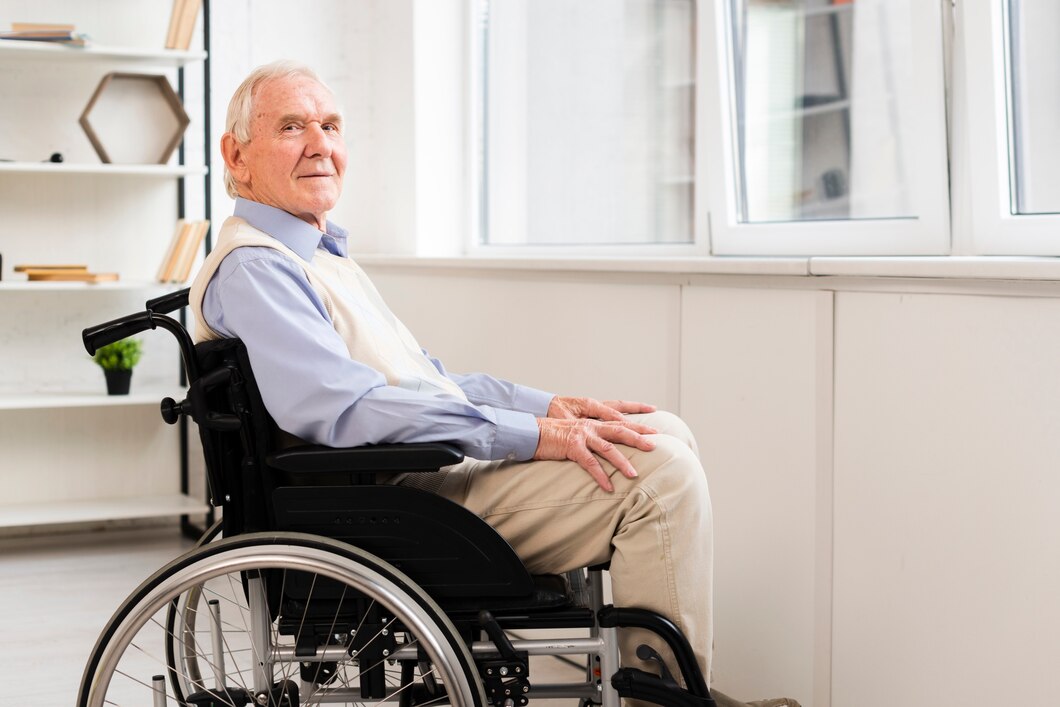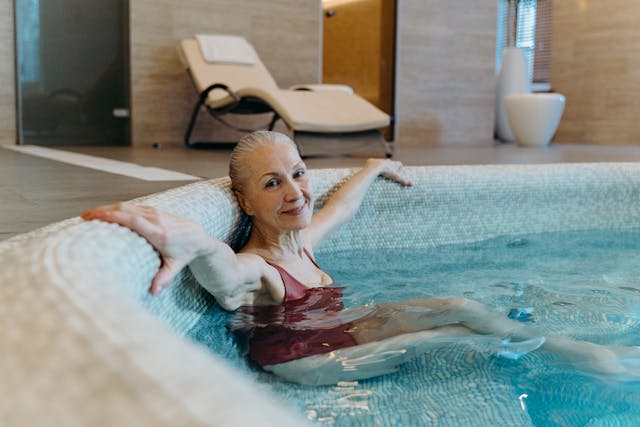

- Follow doctor’s recommendations closely, including medications, physical therapy, and activity restrictions for optimal recovery.
- Engage in low-impact activities like walking, stretching, water exercises, and chair exercises to maintain mobility.
- Utilize assistive devices such as walkers, canes, and adaptive tools to safely manage daily tasks.
- Make home modifications like installing handrails and non-slip mats to enhance safety and accessibility.
- Lean on support from family, friends, or professional home health care for assistance and emotional support.
Recovering from surgery can be a challenging time for anyone, but for seniors, it can be especially difficult. The loss of mobility that often comes with surgery can make everyday tasks seem daunting and overwhelming. However, there are ways to overcome these challenges and regain your independence. This blog will discuss essential tips for seniors to help them navigate the road to recovery and regain their mobility after surgery.
Follow Your Doctor’s Recommendations
One of the most important things you can do after surgery is to follow your doctor’s recommendations. This includes taking any prescribed medications, attending physical therapy sessions, and following any restrictions on activity. Your doctor knows what is best for your recovery, so it’s essential to listen to their advice and follow their instructions closely.
Stay Active
While it may be tempting to rest and take it easy after surgery, staying active is crucial for maintaining and improving your mobility. Even if you are unable to engage in strenuous exercise, there are still ways to keep active. Here are four low-impact activities that seniors can do to stay active after surgery:
Walking
Taking short walks around your neighborhood or even inside your home can help improve circulation and strengthen muscles. You can start with short walks and gradually increase the distance as you feel more comfortable.

Stretching
Gentle stretching exercises can help improve flexibility and range of motion. Make sure to only do stretches that your doctor or physical therapist has approved for your specific surgery. Stretching should not cause any pain.
Water Exercises
Water exercises, such as swimming or water aerobics, are great low-impact activities for seniors after surgery. The buoyancy of water can help reduce pressure on joints while still providing a good workout.

Chair Exercises
If mobility is limited, chair exercises are a great way to stay active. These exercises involve using a chair for support while doing gentle movements, such as leg lifts or arm curls. You can find many chair exercise routines online or ask your doctor or physical therapist for suggestions.
These exercises should always be done under the guidance of a doctor or physical therapist to ensure safety and effectiveness. Staying active after surgery can also help improve mood and overall well-being, so don’t underestimate the power of movement in your recovery.
Use Assistive Devices
There are a variety of assistive devices available that can help seniors maintain their independence while recovering from surgery. Mobility aids such as walkers, canes, or wheelchairs can help you move around safely and comfortably.
Tools like grab bars in the bathroom or a shower chair can make daily tasks easier and reduce the risk of falls. Additionally, there are many adaptive devices available for activities such as cooking, dressing, or grooming. These devices can help seniors continue to do daily tasks with ease while recovering from surgery.
Make Modifications to Your Home
Modifying your home environment can also help make daily tasks easier during your recovery period. Simple adjustments such as installing handrails on staircases or adding non-slip mats in the bathroom can significantly improve safety and accessibility. Consider rearranging furniture to create clear pathways for walking and removing clutter that could pose a tripping hazard.
Lean on Support From Family and Friends
Recovery from surgery can feel isolating at times, but having a solid support network can make all the difference. Don’t hesitate to lean on family members or friends for assistance with daily tasks or emotional support during this challenging time. They may be able to help with grocery shopping, meal preparation, transportation to medical appointments, or simply provide companionship when needed.
Get Professional Help
In some cases, it may be necessary to seek professional help during your recovery period. Home health care professionals can provide skilled nursing care and physical therapy in the comfort of your own home. This can significantly benefit your recovery by ensuring proper healing and preventing complications. Choose a reputable agency or ask for recommendations from your doctor.
Recovering from surgery is a challenging journey, especially for seniors. By following your doctor’s recommendations, staying active with low-impact exercises, using assistive devices, making home modifications, and leaning on support from family and friends, you can navigate the road to recovery more smoothly. Remember, seeking professional help when needed can further aid your healing process. With these strategies, regaining your mobility and independence is within reach.